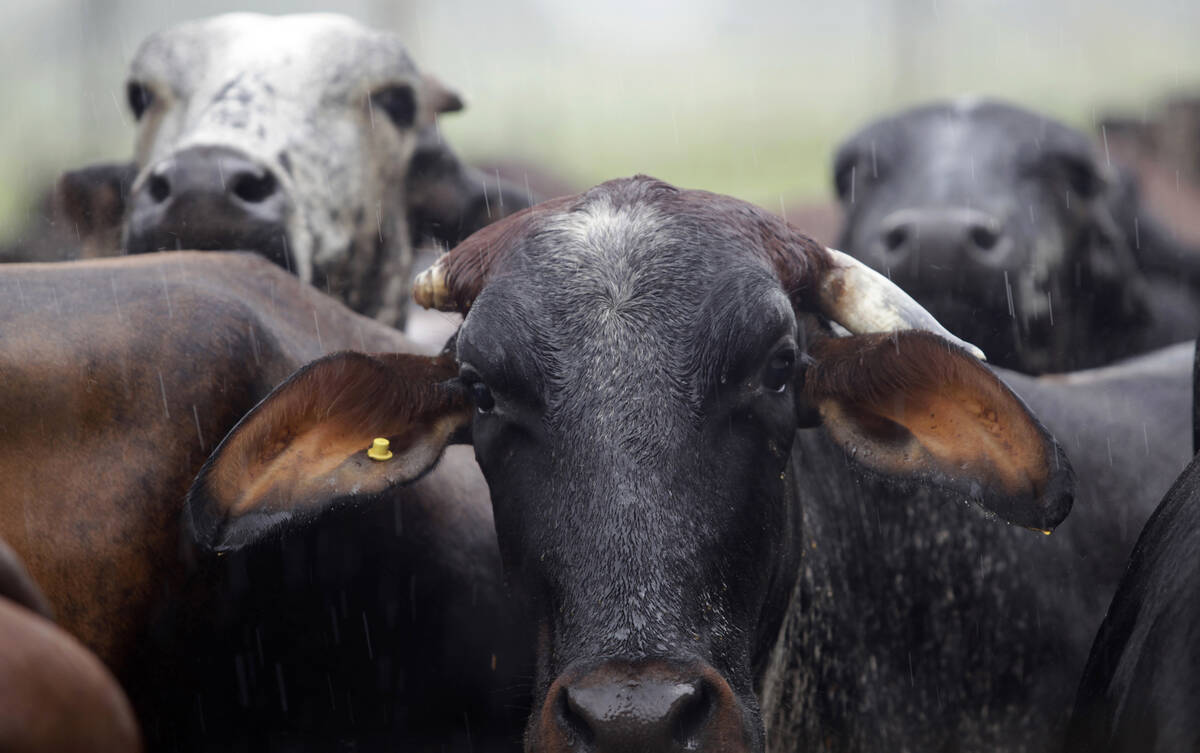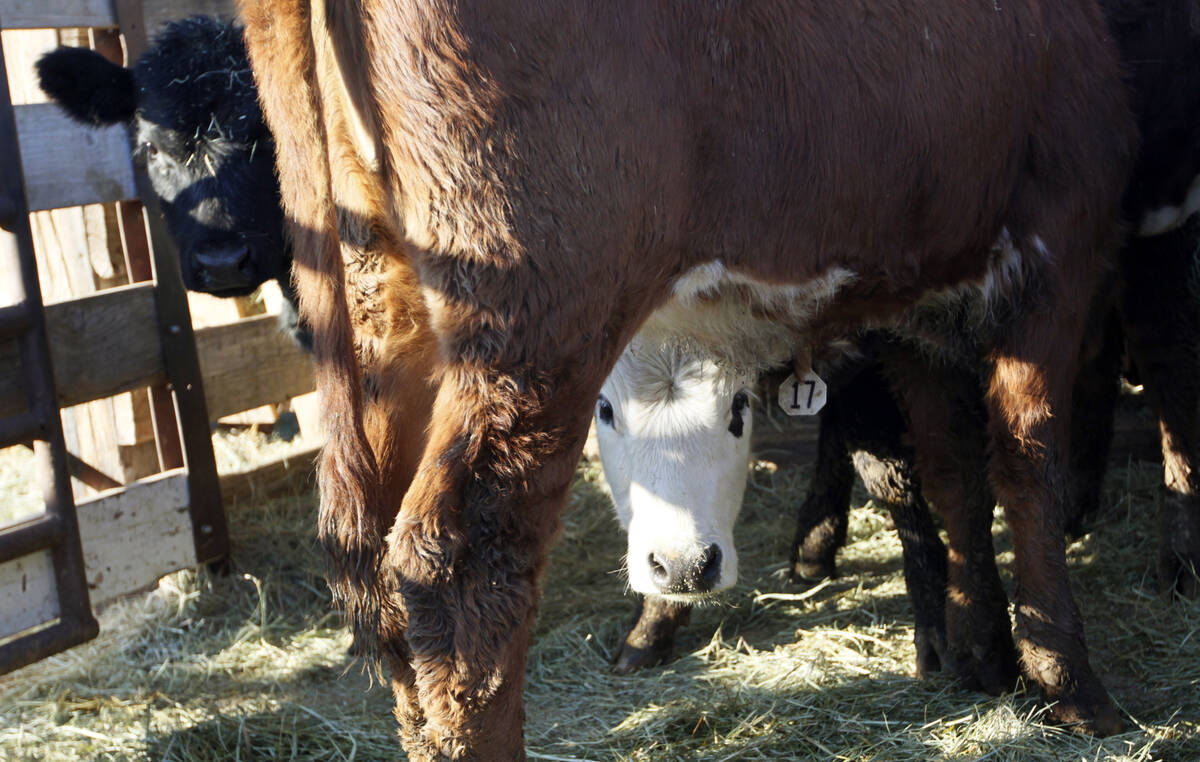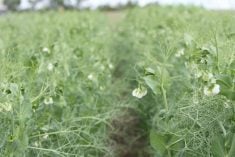WASHINGTON/CHICAGO (Reuters) — U.S. farmers are criticizing president Donald Trump’s suggestion that the country may import more beef from Argentina after they recently lost out to the South American nation on soybean sales to top buyer China.
Trump said late last month that he was considering imports to reduce U.S. beef prices that have climbed to record highs.
His administration earlier extended a $20 billion currency swap lifeline to Argentina, which the president considers an ally.
Read Also

Global meat packer prepares for cattle shortage
Brazilian meat packer JBS is preparing for a likely shift in the country’s cattle cycle that could lead to reduced availability of animals for slaughter next year.
Cattle producers saw the suggestion as a threat to their livelihoods and free markets, at a time when ranchers are profiting from sky-high livestock prices and strong consumer demand.
“This plan only creates chaos at a critical time of the year for American cattle producers, while doing nothing to lower grocery store prices,” said Colin Woodall, chief executive officer of the National Cattlemen’s Beef Association.
In September, the Trump administration frustrated farmers by negotiating financial support for Argentina at a time when Argentina was selling soybeans to China, which has not bought any soy from the fall U.S. harvest due to its trade conflict with Washington.
“The last thing we need is to reward them by importing more of their beef,” said Rob Larew, president of the National Farmers Union.
Trump floated hiking beef imports while aboard Air Force One.
“If we buy some beef — I’m not talking about that much — from Argentina, it would help Argentina, which we consider a very good country, a very good ally,” Trump said.
A U.S. Department of Agriculture spokesperson said the department is working to lower beef prices while supporting cattle producers with disaster aid and other efforts.
“These actions, coupled with president Trump’s work to secure lasting markets for beef producers abroad, send a strong message to American cattle producers — raise more beef and rebuild the herd,” the spokesperson said.
U.S. feeder cattle futures tumbled after Trump first said he was working on a deal to lower beef prices.
In Montana, Jan McDonald, 78, said she planned to take calves to an auction for sale and worried that Trump’s suggestion could hurt prices.
“I don’t know where he’s coming from,” McDonald said.
“It makes me very nervous about the future.”
Economists said increased imports from Argentina, which last year represented about two per cent of total U.S. beef imports, were unlikely to reduce U.S. beef prices.
“The U.S. cannot buy enough beef from Argentina to materially move the needle in the market,” Steiner Consulting Group said.
Imports could also discourage U.S. producers from expanding their herds to boost domestic beef production, economists said.
There is no quick fix to boost U.S. output because it takes about two years to produce full-grown cattle, said Derrell Peel, Oklahoma State University agricultural economist.
“Flooding markets with foreign-grown beef could affect our nation’s ability to be food independent in the long-term,” American Farm Bureau Federation President Zippy Duvall said.
U.S. cattle inventories in January dropped to the lowest level in nearly 75 years, after ranchers slashed their herds due to a years-long drought that burned up grazing lands and hiked feed costs.
Supplies tightened more after the United States mostly suspended imports of Mexican cattle amid concerns about the northward spread of New World screwworm, a flesh-eating pest that infests livestock.
U.S. tariffs on goods from Brazil have also slowed imports of Brazilian beef.















